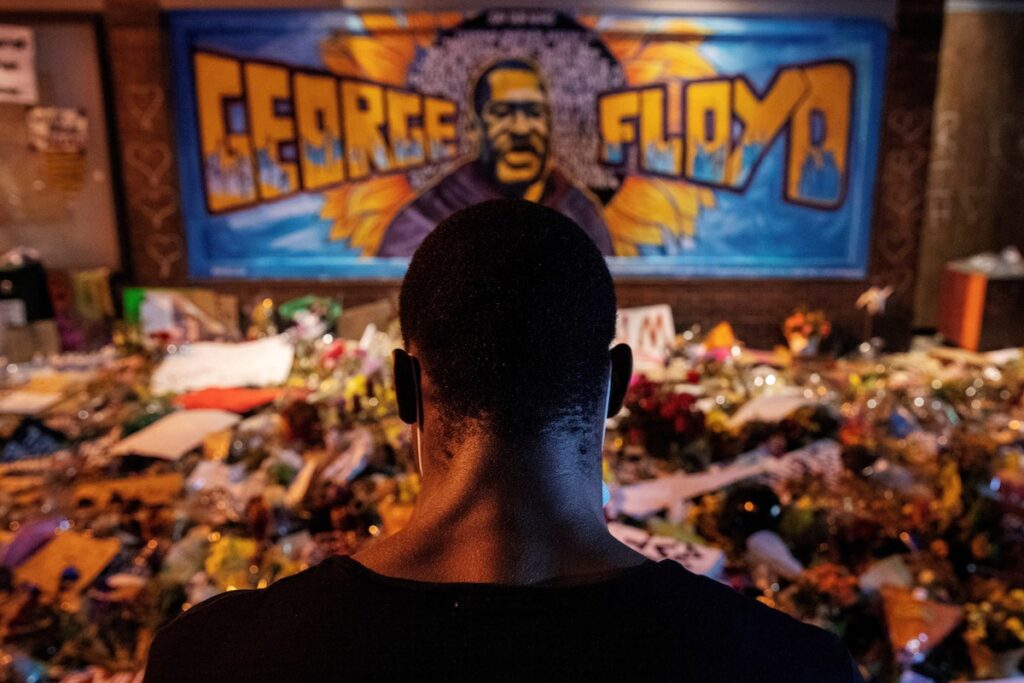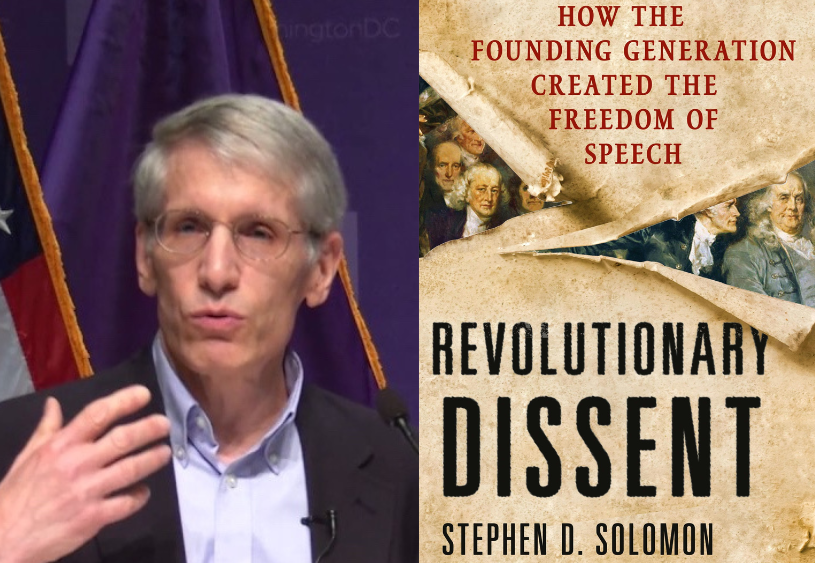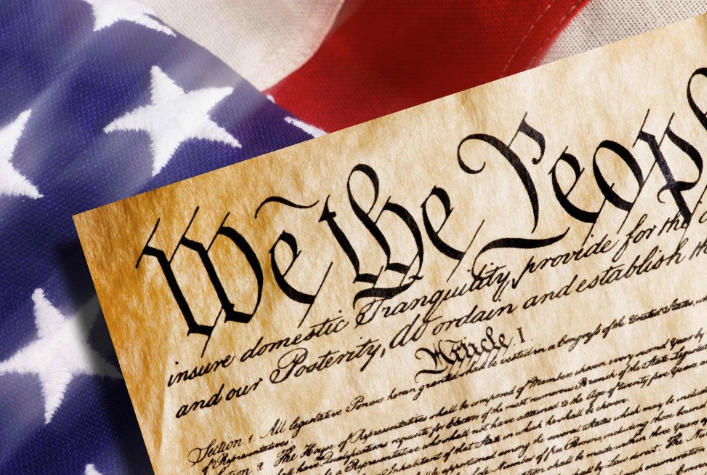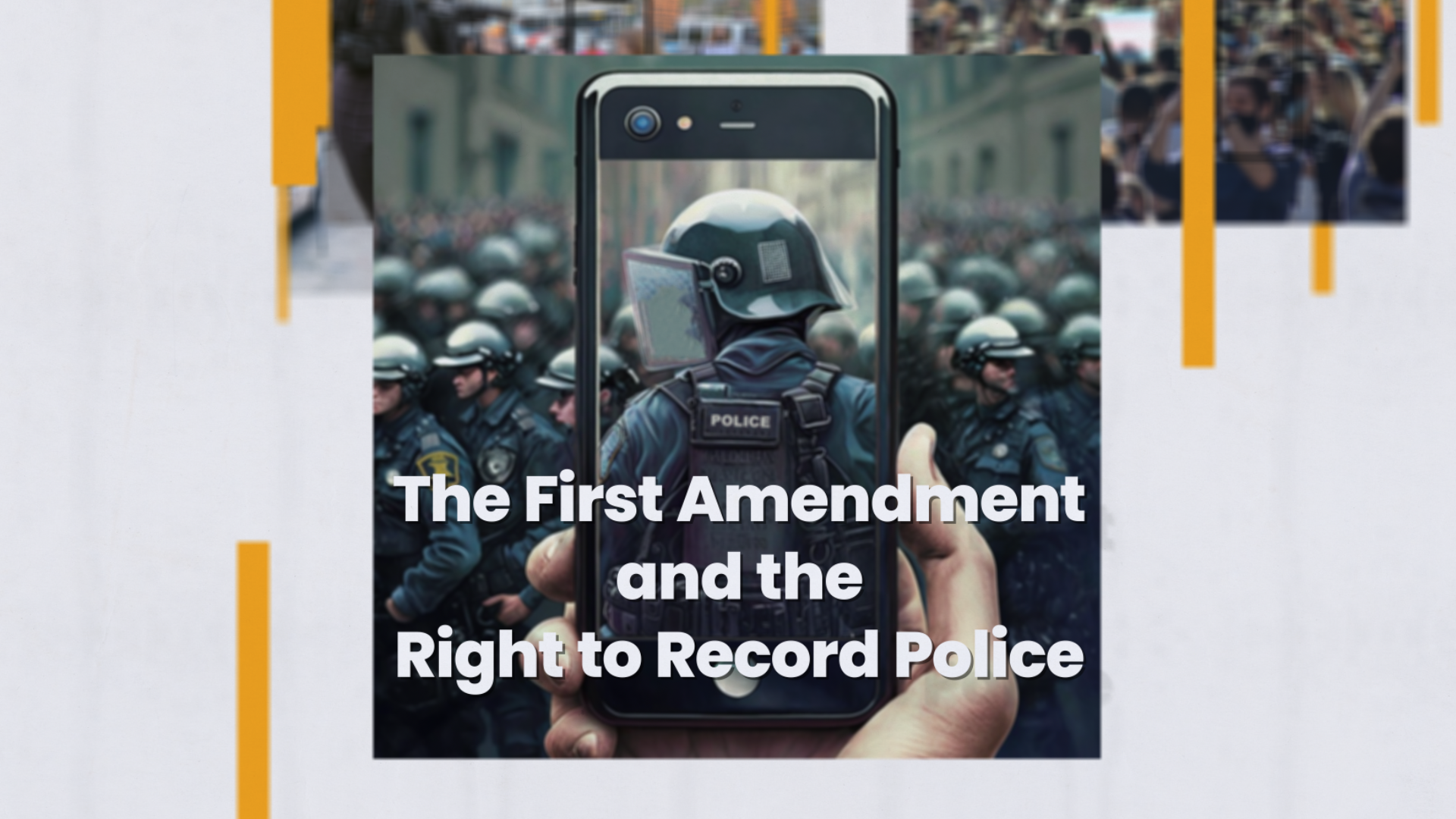For millions of Americans, the brutal death of George Floyd at the hands of Minneapolis police reinforced long-held suspicions about racial bias in the United States’ police departments. This month, the trial for the officer filmed with his knee on Floyd’s neck will begin, putting the spotlight again on the legal system’s handling of police killings of Black people. The press and public will be able to observe the trial — both in person and from their homes — and decide for themselves if the system they see is just and fair, thanks to the First Amendment’s promise of open courts.
The high-profile case has raised numerous First Amendment issues, including attempted gag orders, questions about public access to evidence in the case, and whether cameras would be allowed to expand public access, given public health considerations that restrict how many people can be in the courtroom.
In this #FAWPublicForum conversation co-sponsored with the First Amendment Coalition, we discuss the importance of access to our courts, with a special focus on the George Floyd case. Hear from Leita Walker, a First Amendment lawyer for a Minneapolis media coalition that successfully won greater access to the case, and First Amendment lawyers David Snyder and David L. Hudson Jr. First Amendment Watch staff writer Soraya Ferdman will moderate the discussion.
See our court access teacher guide
Suggested Reading for Court Access and Racial Justice
Leita Walker: Leita Walker is a media and First Amendment lawyer in the Minneapolis office of the law firm Ballard Spahr. She successfully represented a media coalition in the criminal case against the officers charged in the George Floyd death, successfully opposing a gag order, moving for the right of the press and public to copy and distribute body camera footage filed with the court, and opposing a motion by the state to restrict audio and visual coverage of the trial. Read her full bio.
David L. Hudson Jr. David L. Hudson, Jr. is the author, co-author, or co-editor of more than 40 books, including First Amendment: Freedom of Speech (Thomson Reuters, 2012), Let the Students Speak!: A History of the Fight for Free Expression in American Schools (Beacon Press, 2011), and the two-volume set The Encyclopedia of the First Amendment (CQ Press, 2008). He also is the author of a 12-part lecture series on the First Amendment entitled Freedom of Speech: Understanding the First Amendment. He serves as an assistant professor of law at Belmont University College of Law. He is the lead author of the forthcoming teacher guide on court access published by the First Amendment Watch in partnership with the First Amendment Coalition. Read his full bio.
David Snyder: David Snyder, a media lawyer, and former Washington Post journalist became executive director of the First Amendment Coalition in 2017. He was honored by the Society of Professional Journalists (Los Angeles) with the 2020 Freedom of Information Award for his work on open-government cases and standing up for press freedom. He was a lead lawyer on a recent open-courts case in California, enforcing the First Amendment right of access to proceedings amid the pandemic. He is a contributing editor of the forthcoming teacher guide on court access, published by the First Amendment Watch in partnership with the First Amendment Coalition. Read his full bio.
Tags



